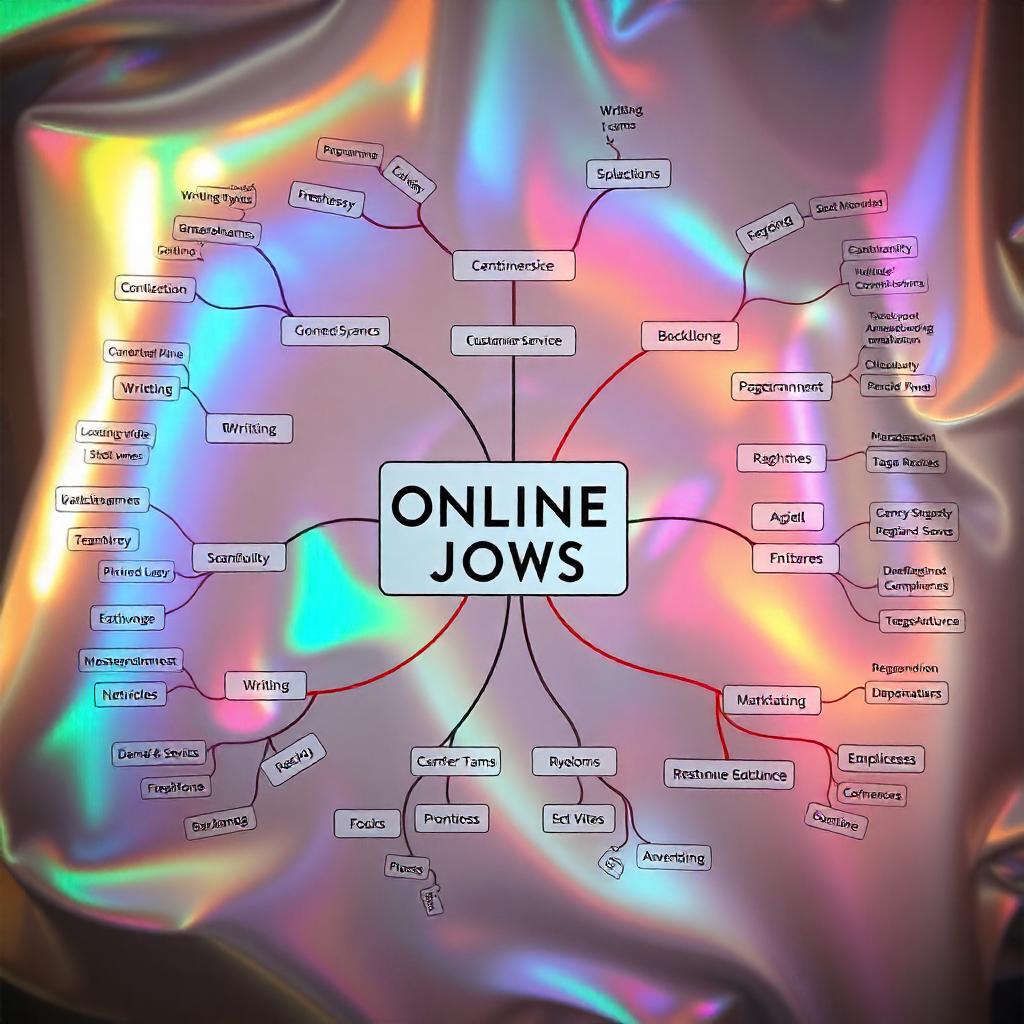Earn Money by Selling Mobile Presets

Mobile presets have become an essential tool for content creators and social media enthusiasts. With millions of people posting photos daily, the demand for high-quality, visually appealing content is at an all-time high. This has opened up a significant opportunity for individuals to earn money by selling mobile presets. This article will walk you through what mobile presets are, why they’re in demand, and how you can turn them into a profitable business.
What Are Mobile Presets?
Mobile presets are pre-configured settings that adjust various aspects of a photo, such as exposure, contrast, color balance, and shadows. They are most commonly used with apps like Adobe Lightroom Mobile to enhance photos with just one tap. Instead of manually adjusting each setting, users can apply a preset to achieve a professional look instantly.
Presets can create different aesthetics—vibrant, moody, pastel, black and white, or cinematic—which makes them popular for Instagram influencers, photographers, and businesses looking to maintain a cohesive look on their social media profiles.
Why Selling Mobile Presets is a Lucrative Business
- High Demand for Aesthetic Content
Social media has created a culture where visuals are everything. Influencers, small businesses, and everyday users want eye-catching photos to stand out, and presets make this process quick and easy. - Low Start-up Costs
Selling mobile presets requires minimal investment. All you need is access to a photo editing app like Adobe Lightroom and some basic knowledge of photo editing. - Passive Income
Once you’ve created your presets, you can sell them repeatedly without additional effort. With the right marketing strategy, you can generate a steady income stream. - Scalable Business
As you grow, you can expand your preset offerings, create bundles, or even start offering editing courses, making it a scalable business model.
Steps to Start Earning Money by Selling Mobile Presets
1. Learn the Basics of Photo Editing
Before you can create presets, it’s essential to have a good understanding of photo editing. Familiarize yourself with Adobe Lightroom’s tools, focusing on exposure, contrast, color grading, and sharpening.
2. Identify Your Niche
To stand out, decide on a specific aesthetic or style for your presets. Some popular niches include:
- Vintage and Film Looks
- Minimalist and Clean Styles
- Dark and Moody Aesthetics
- Bright and Airy Presets
- Travel or Nature Photography Themes
Choosing a niche helps you target a specific audience and makes your presets more appealing.
3. Create High-Quality Presets
Start by editing a batch of photos in your chosen style and saving the settings as presets. Test your presets on various photos to ensure they work well on different types of images (portraits, landscapes, indoor shots, etc.).
4. Package and Name Your Presets
Organize your presets into bundles and give them unique, catchy names. For example, a beach-themed preset pack could be called “Tropical Vibes Collection”, while a vintage pack might be named “Retro Glow Presets.”
5. Set Up a Selling Platform
There are several ways to sell your presets:
- E-commerce platforms: Create a website using platforms like Shopify, Squarespace, or Wix.
- Digital marketplaces: Use sites like Etsy, Gumroad, or Sellfy to reach a broader audience.
- Social media: Leverage Instagram, TikTok, and Pinterest to promote and sell your presets directly to followers.
6. Price Your Presets
Pricing is crucial. Research your competitors and find a balance between affordability and value. Single presets might range from $5 to $10, while bundles can sell for $20 to $50 or more. Offering discounts for bundle purchases or limited-time promotions can also boost sales.
7. Promote Your Presets
Marketing is key to success. Use these strategies to promote your presets:
- Create before-and-after examples to show how your presets transform photos.
- Collaborate with influencers who can showcase your presets to their audience.
- Run social media ads targeting photographers, content creators, and influencers.
- Start a blog or YouTube channel offering photo editing tips and showcasing your presets.
8. Engage with Your Customers
Offer excellent customer service by responding to inquiries and providing support on how to install and use your presets. Encourage satisfied customers to share their experiences and tag you on social media, which can help attract more buyers.
Tips for Success
- Stay Updated on Trends: Keep an eye on photography and social media trends to create relevant presets.
- Diversify Your Offerings: Introduce seasonal presets or special editions to keep your collection fresh.
- Build a Personal Brand: Share your story, your style, and what inspires your presets to connect with your audience on a deeper level.
Selling mobile presets is a creative and profitable way to earn money, especially if you have a passion for photography and social media aesthetics. By following the steps outlined in this guide, you can build a successful business that generates passive income while helping others elevate their content. With dedication, creativity, and the right marketing strategy, the sky’s the limit.











